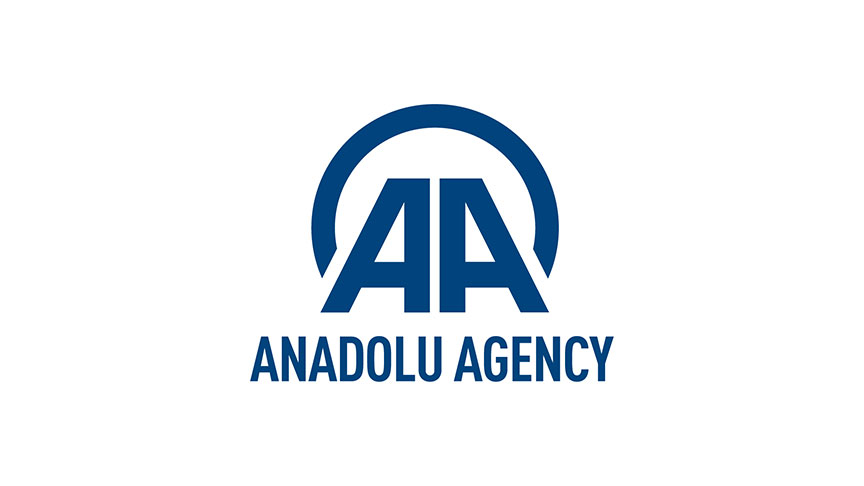��-Important week for Turkish-Russian relations
��After the jet crisis of November 2015 and the assassination of Russian Ambassador Andrey Karlov, another sad event between Russia and Turkey took place last week.
Turkish Armed Forces announced that three soldiers had been martyred as a result of the bombing of a Russian warplane in Syria.
Russian media covered the incident widely, while Russian experts stressed that relations between Turkey and Russia would not be affected.
Meanwhile, two important announcements were made in the sphere of economic relations between the two countries.
The first was Russian President Vladimir Putin’s signing of the agreement between Turkey and Russia on the TurkStream natural gas pipeline project.
The process for the first line of the project seems to have proceeded without any obstacles; however, question marks still remain over the realization of the second line.
The latest remarks, which came from the head of the Fourth European Department of the Russian Foreign Ministry Alexander Botsan-Kharchenko, said that Russia does not have any intention of building the second line of the project, which plans to carry Russian gas to Europe via Turkey, unless the European Commission can give official guarantees before it proceeds with this part of the project.
The other announcement regarding economic relations between Turkey and Russia came from the Russian government.
The country’s Ministry of Economic Development was instructed to sign the economic, scientific, cultural cooperation agreement with Turkey, which would cover the years between 2017 and 2020.
It seems that despite all the geopolitical risks, the two powers have learned their lessons from the jet crisis that sparked many emotional political reactions resulting now in a more practical approach to bilateral relations.
��


